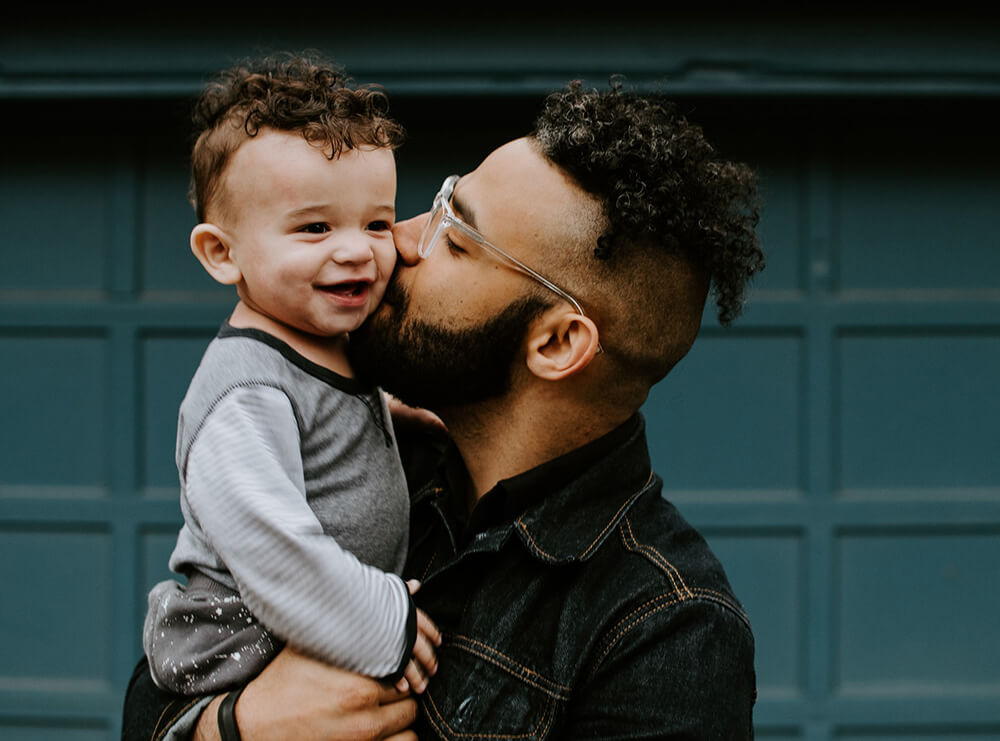What is a guardianship lawyer?
A guardianship lawyer is an attorney who represents individuals or organizations in proceedings for a legal guardianship process. Guardianship attorneys may also be appointed by a court to represent individuals. Guardianship lawyers can help you navigate the legal process and ensure that your rights are protected.
Do I need a guardianship attorney?
You may need an experienced guardianship attorney if you are seeking to become a guardian for someone, or if you have been appointed as a guardian by a court. If you are hoping to become the legal guardian of a minor child or an adult who is unable to care for themselves or the court appoints you as a legal guardian of a minor child or of a disabled adult, you will likely need an attorney to help you with the guardianship process and ensure your rights are protected.

What is the process to be appointed by the court as the guardian of a child?
In order to become the guardian of a child, you must petition the court and provide evidence that shows that you are suitable for the role. The court will also consider the wishes of the child’s parents, if they are still alive, or the child’s other legal guardians. If you are appointed as a guardian, you will be responsible for making important decisions about the child’s care and well-being.

What is the process to be appointed as the legal guardian of an adult or incapacitated person?
If you are seeking guardianship of an adult, the situation may be more complex and you may need an attorney to help you navigate the process. Adults who are unable to make medical decisions or have mental illnesses that prevent them from functioning on an adult level, they may need someone with the legal authority to make decisions on behalf of them whenever it comes to health-care or financial decisions. In this case, a legal guardian would be appointed by the court to make these decisions for the adult.
If you are seeking guardianship of an incapacitated person, there is a more defined process that must be followed. Usually, when a person is no longer able to take care of themselves and they have not put in place an advance healthcare directive or power of attorney, their family members will petition the court to appoint a legal guardian. This may also be done when the person is unable to communicate due to illness or injury.
The first step in the process is to determine if the person meets the definition of an incapacitated person according to state law. In New Jersey, the legal standard is whether a person is able to manage and govern their own affairs. If they are unable to do so, they may need a guardian. Next, an evaluation must be conducted by an appropriate medical professional to assess the nature and extent of the incapacity. Based on the results of the evaluation, a recommendation will be made to the court as to whether a guardian should be appointed. In New Jersey, the court will appoint an attorney to also represent the minor child needing a guardian or the alleged incapacitated person. The court appointed attorney will interview the family members and medical professionals and make recommendations to the court.
If the court decides that a guardian should be appointed, the next step is to identify a suitable person to serve in that role. The person must be willing and able to take on the responsibility of caring for the incapacitated person and must meet any other eligibility requirements specified by state law. Once a guardian is appointed, they will have authority to make legal and welfare decisions on behalf of the incapacitated person regarding their medical care, finances, residence, and other important matters.
How much does a guardianship lawyer cost?
The cost of a guardianship lawyer will vary depending on the complexity of the case and the lawyer’s experience. Generally, lawyers charge by the hour, with rates ranging from $250 to $500 per hour. Some lawyers may also charge a flat fee for their services.


Tina James, Guardianship Attorney
We are committed to ensuring that individuals are legally empowered to exercise decisions whenever they are capable. When a person is unable to govern or manage their own affairs, a guardianship may be necessary. The guardianship process can feel overwhelming. We are here to advise you and your family on best option, and guide you through that process while forming a great attorney-client relationship with you!
